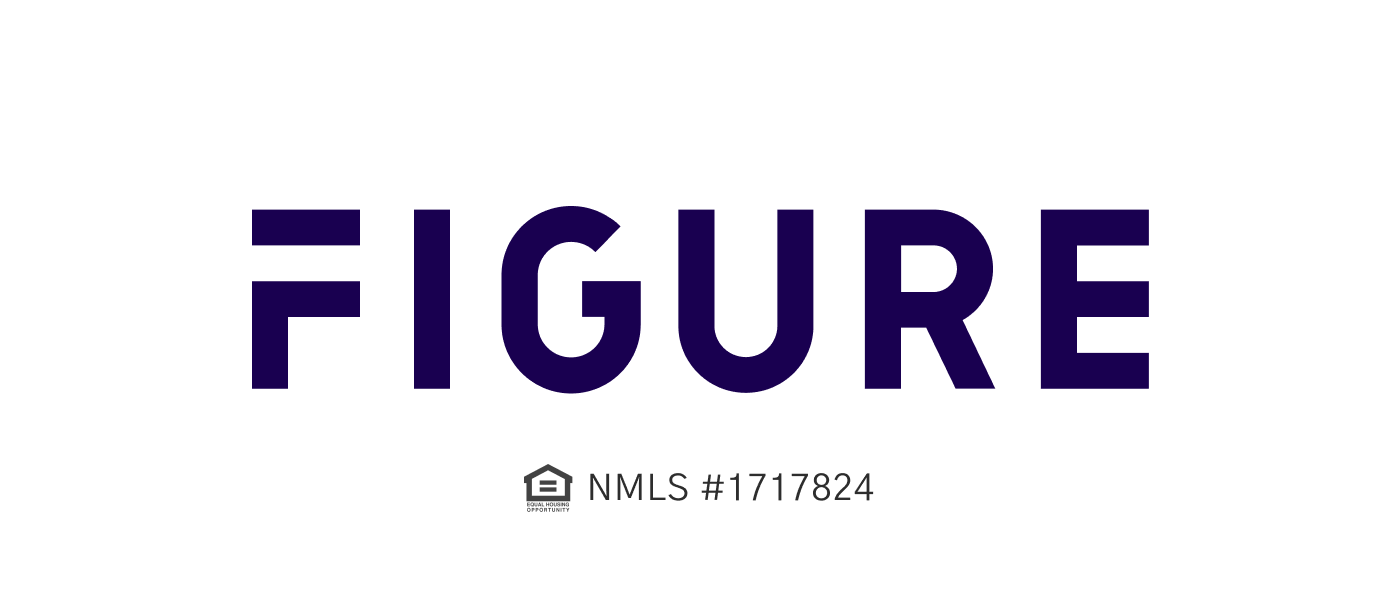There are times when it helps to have some extra cash on hand. You can use that money to pay for unexpected medical costs, make essential home repairs, or pay down high-interest debt.
After paying down your mortgage, you may have a sizable amount of equity in your home. Equity is defined as the current market value of your house minus what you still owe on it. If your home is worth $400k and you have $100k left to pay on the mortgage loan, you have $300k of equity.
When you discover home equity loans, you may realize that they make sense, considering that the average interest rate is typically less than what you would pay on a typical credit card or some other form of unsecured debt.
Utilizing your home equity can help to free cash up to undertake renovations or pay down debt, among other purposes. But unless you take out a home equity loan, do a cash-out refinance, sell your home outright, or get a home equity line of credit (HELOC), that money won’t be liquid.
Continue reading for our picks on the top home equity lenders.
Get Cash Using Your Equity
- Apply in 5 minutes & close in days
- Good/Excellent credit
- 100% digital app & online appraisal
Figure
If your goal is to get a home equity line of credit as quickly as possible, consider Figure. This institution is a new mortgage company. They offer HELOCs as well as mortgage refinance loans.
At Figure, you can apply for a HELOC in just five minutes and even get same-day approval. In as little as five days, you can get funding. According to Figure, it generally takes over a month to obtain a HELOC from a traditional institution.
Figure also has an online notary feature, which is available in some states that can help to make the closing process go smoothly and keep everything digital. However, it’s worth knowing that speed doesn’t necessarily mean you’re going to get the best rates.
If you have time to shop around, you should do so. Figure will charge some fees that most other lenders don’t. So it’s certainly a tradeoff for those who are looking for fast approvals.
For borrowers with excellent credit and combined loan to value ratios, interest rates start at 4.99% APR, plus an origination fee. It all depends on what your priorities are, but if you want to get a HELOC as fast as possible, then Figure might be the right choice for you.
Discover Home Loans
Discover Home Loans has been proudly serving its customers for more than three decades. You can access home equity of $35,000 up to a maximum of $200,000 with Discover Home Loans. Their interest rates are fixed and will begin at 3.99% APR. The first liens can go as high as 8.99% and 11.99% for second liens.
Keep in mind that these rates are subject to change without notice. It’s also easy to see if you qualify after you provide some necessary information before you formally apply for your home equity loan. Closing on your loan is too easy, thanks to the eClosing feature from Discover. This lets you sign electronically on most closing related documents.
There are also a number of repayment plans from Discover Home Loans. These range from ten to thirty years of fixed payments.
Before applying for a home equity loan from Discover, you should have adequate equity in your home and good credit. Once you make sure of that, you will be assigned a banker who is going to help walk you through the application process.
NOTE: Discover Home Loans does not offer HELOCs at this moment.
Regions Bank
Regions Bank took the top honors in the 2019 J.D. Power and Associates U.S. Home Equity Line of Credit Satisfaction Study, beating out national industry heavyweights. The study rated the billing process, customer interactions, loan terms and offerings, and more.
This financial institution offers a fixed introductory rate of 0.99% APR for the first six months of a HELOC. The rates then shift to adjustable after that initial period. Flexible interest rates vary between 3.75% and 10.40% APR, with a maximum cap of 18% APR.
One exciting thing about the HELOC from Regions Bank is its loan in a Line option. That lets you covert all or part of your remaining adjustable-rate loan balance into a fixed-rate loan. Regions Bank also offers home equity loans in addition to their HELOCs. The bank even has a helpful tool that can help you decide which loan type will be best for you.
Unfortunately, Regions Bank only has branches in a limited number of states. And the property that you take the loan out on will have to be located in a state where Regions has branches. But if you do happen to live near an office, this could be a great option for you.
BB&T
In the 2019 J.D. Power and Associates U.S. Home Equity Line of Credit Satisfaction Study that we mentioned earlier, BB&T ranked third. This lender offers both HELOCs and home equity loans. They also offer some great perks.
For example, there’s no prepayment penalty if you pay your loan back early. This bank will also pay the appraisal fee for you to get the current value of your home. This is a benefit that could end up saving you hundreds of dollars.
BB&T also has a variety of options when it comes to HELOCs. These include both variable- and fixed-rate loans and no-closing-cost options.
BMO Harris Bank
Not only does BMO Harris Bank have 500 branches spread across Wisconsin, Kansas, Minnesota, Florida, Illinois, Indiana, Missouri, and Arizona, but customers around the country can access their online banking resources. The home equity loans from BMO come with low fees, low loan minimums, and a variety of term options.
With so many ways to customize your loan to your financial situation, a home equity loan from this bank could be an excellent choice for practically any business need. Another great benefit of this bank is that there are no closing costs, no application fees, and a 0.5 percent interest rate discount when you set up autopay with a BMO Harris checking account.
Unfortunately, even though you can start the application process online, you’re going to have to speak with a banker to get final approval. Their variable rates start at 4.79% APR depending on the state you live in, and they offer loan amounts of $25,000 and up.
KeyBank
Finding a lender who is willing to extend credit to you if you don’t have a lot of equity in your home can be tough. Thankfully, KeyBank lets customers borrow up to one hundred percent of their home’s value for the first and second mortgage if they qualify.
That is also a great choice because their terms are very flexible. They have terms that go up to thirty years. Also, when you sign up with autopay, you get a 0.25 percent discount.
Because KeyBank is a regional bank, their home equity loans are only available in fifteen states. Also, there’s a $295 origination fee that you’ll have to pay. You also might have to pay for mortgage taxes, closing fees, and title insurance.
Spring EQ
Spring EQ can be an excellent choice for you if you’ve built equity in your home and have a good credit score. To borrow from Spring EQ, you’ll have to have a debt-to-income ratio of as high as 50 percent and a minimum credit score of 680.
This institution also offers competitive interest rates. APRs here start at 5%, and they have flexible loan terms that can fit most borrowers’ needs. Starting at around 5% APR, you can borrow as much as ninety percent of your home equity. Applicants also don’t need to provide proof of assets.
If you’re a self-employed borrower, then you might have to provide more proof of income. Also, the high fees from this lender could have some borrowers turning the other way.
Flagstar Bank
Flagstar Bank was established in 1987. They have 160 branches that spread across California, Ohio, Indiana, Wisconsin, and Michigan. This bank gets consistently high marks for customer satisfaction and offers a full lineup of banking services.
Borrowers can borrow up to eighty percent of their home equity with terms that range from five to twenty years on loans between $10,000 to $1 million. APRs start at 6% in some states. Home equity loans from Flagstar are only available in bank branches. If you live near a branch and can meet qualifications, then it’s definitely worth your consideration.
Why It’s Important to Discover Home Equity Loans
Now more than ever, people want ways to get more cash without accruing insurmountable debt. When you discover home equity loans, you open yourself to a whole new realm of financial possibilities. If you have the balance sheet to warrant getting this kind of loan, any of the home equity lenders listed above could be of great help.
Are you interested in learning more about mortgages? Check out our Mortgage page today to learn what you need to know!



